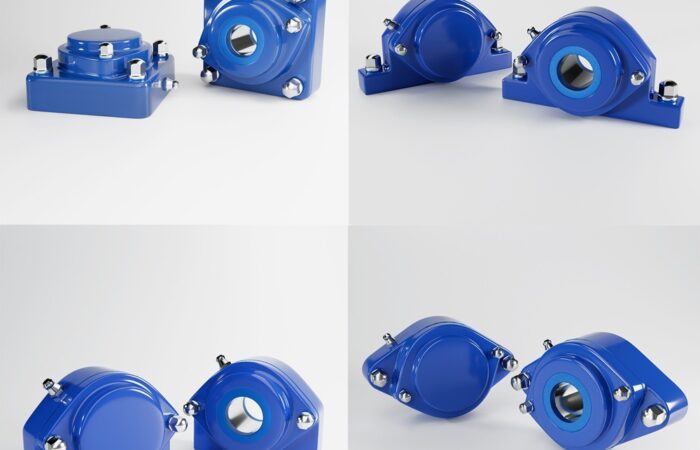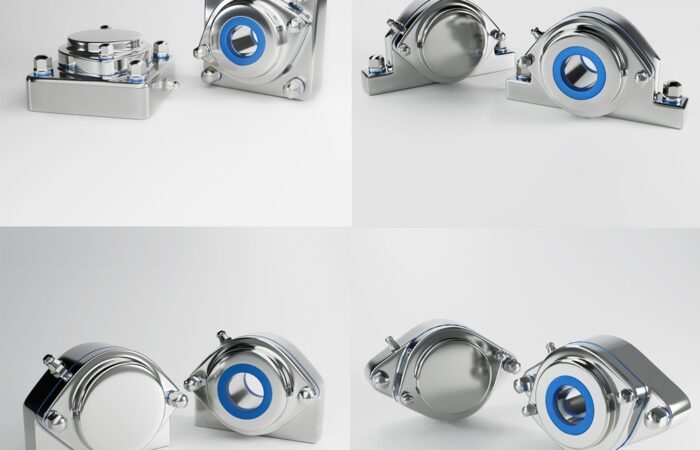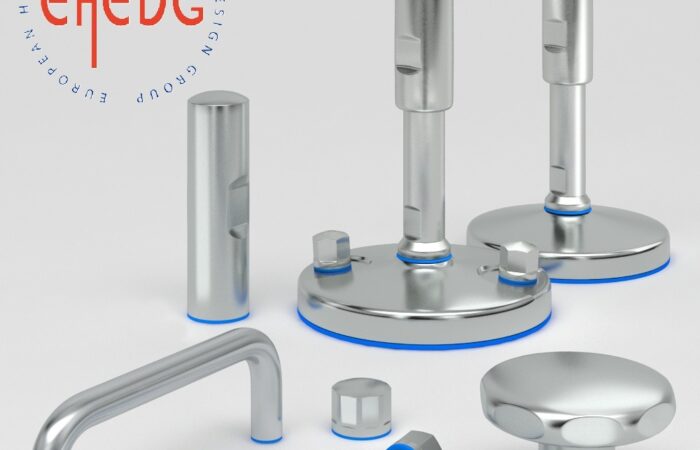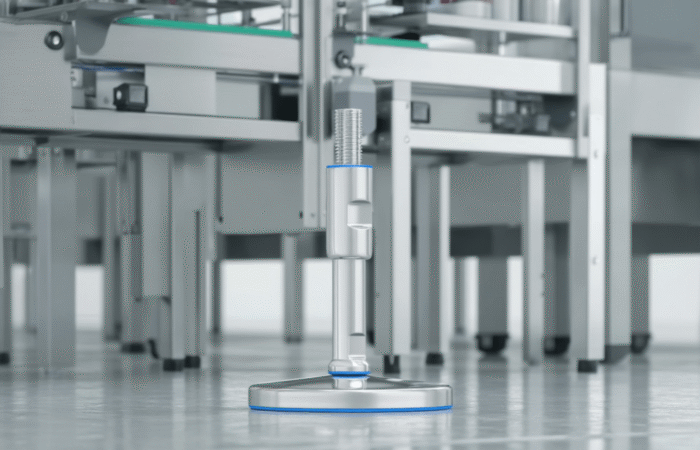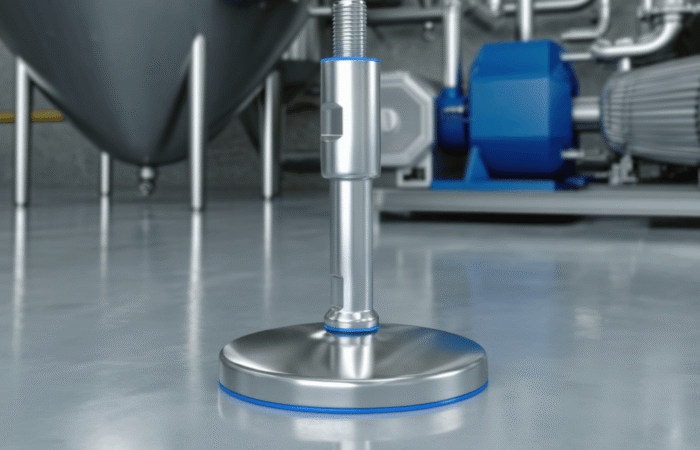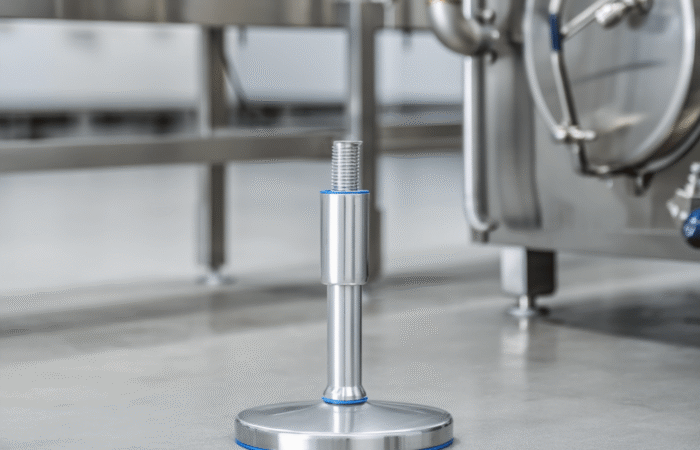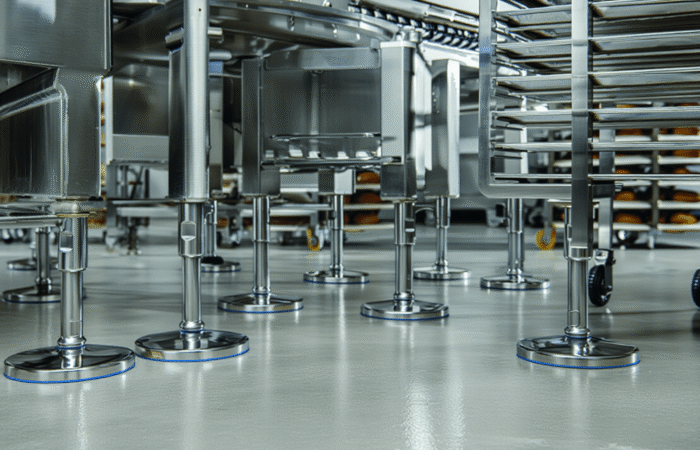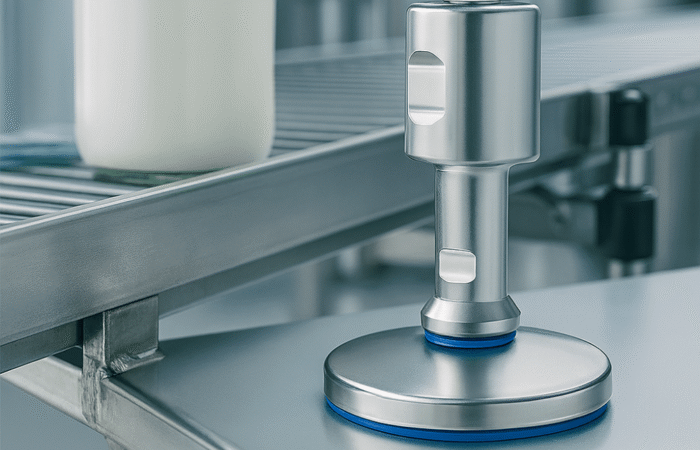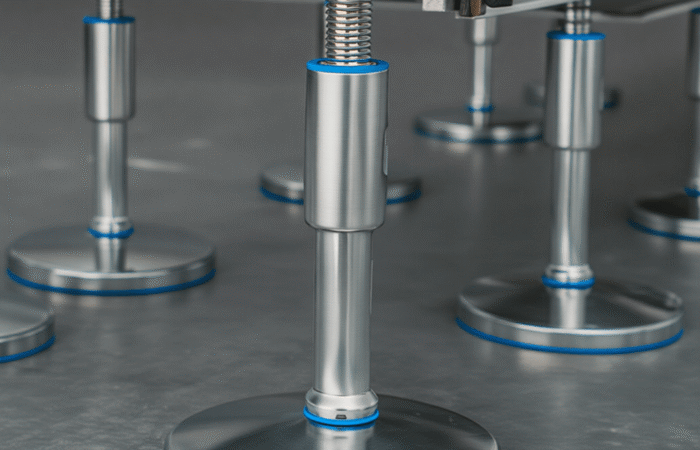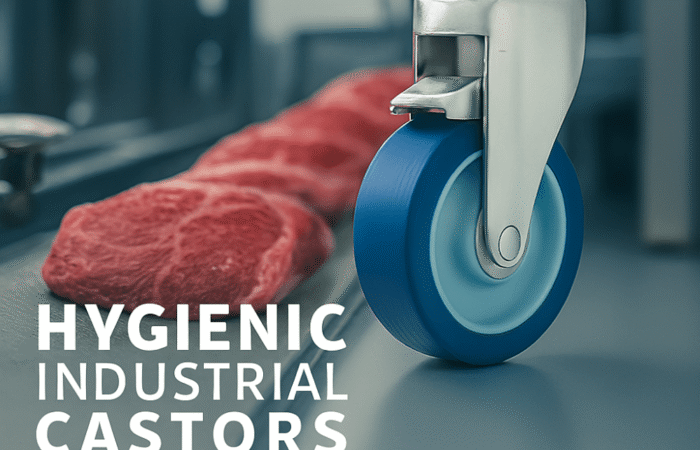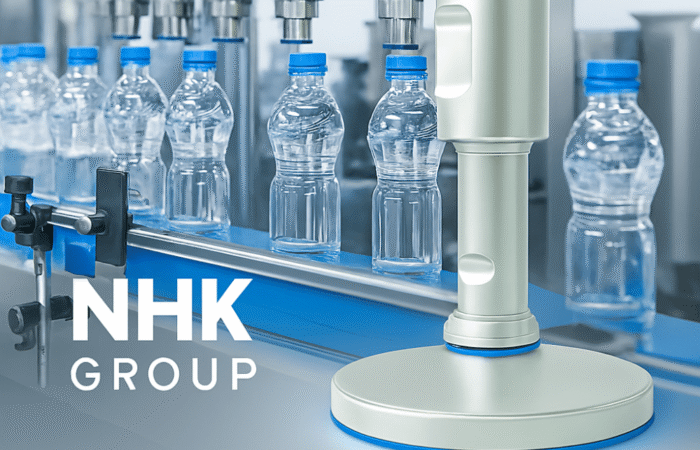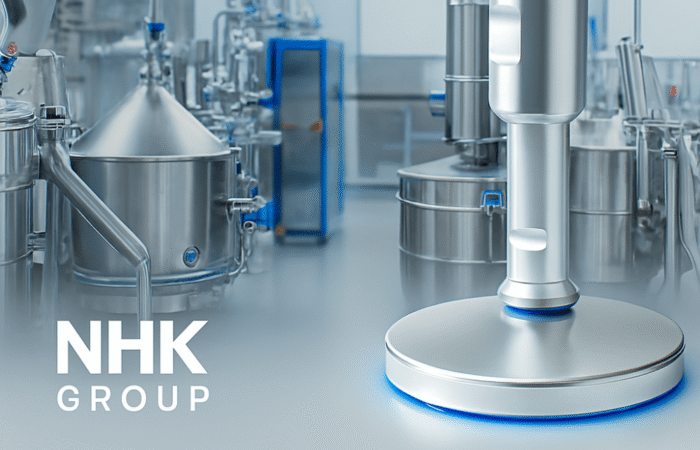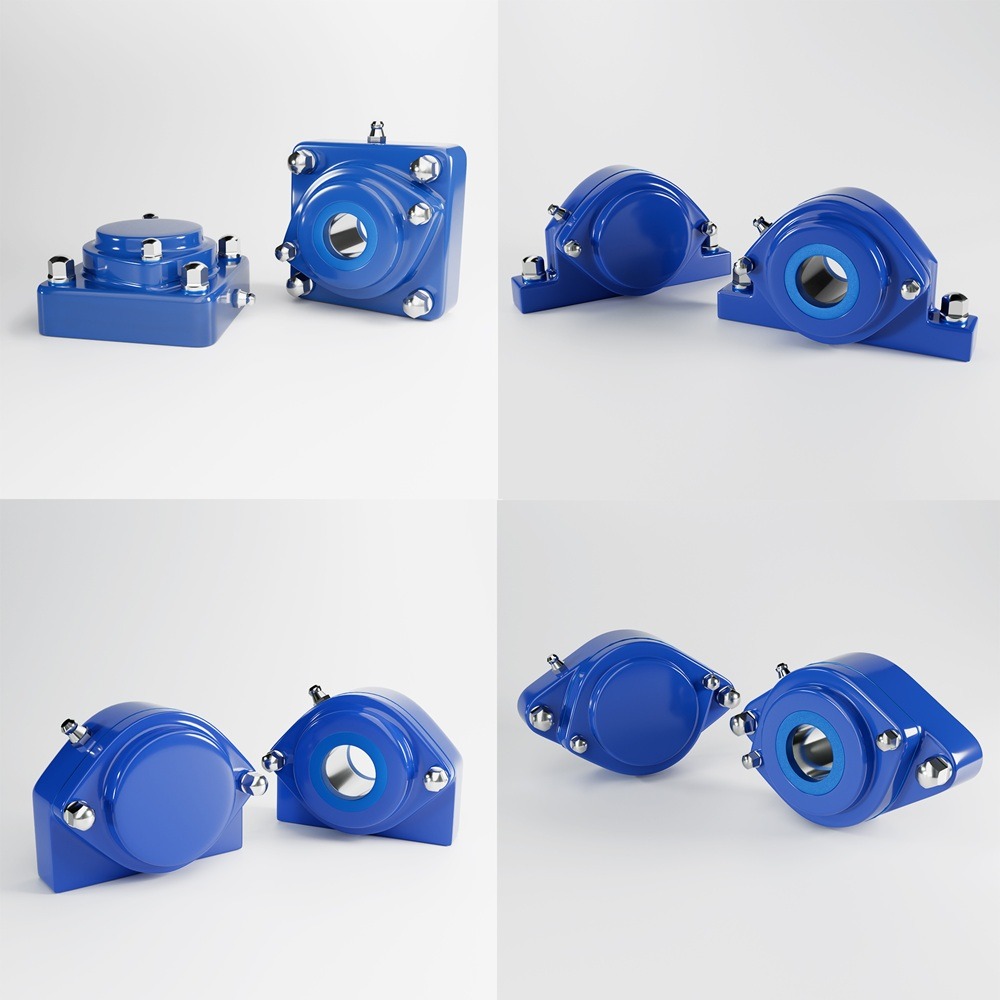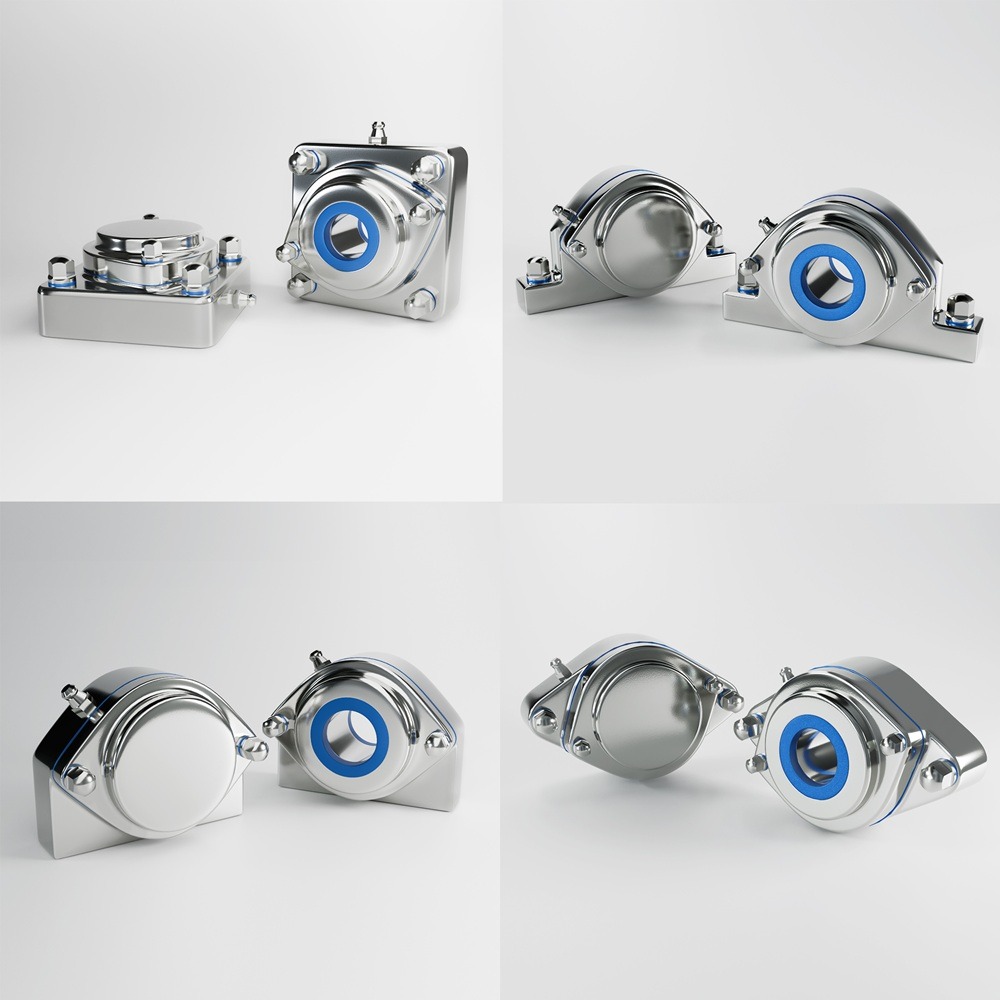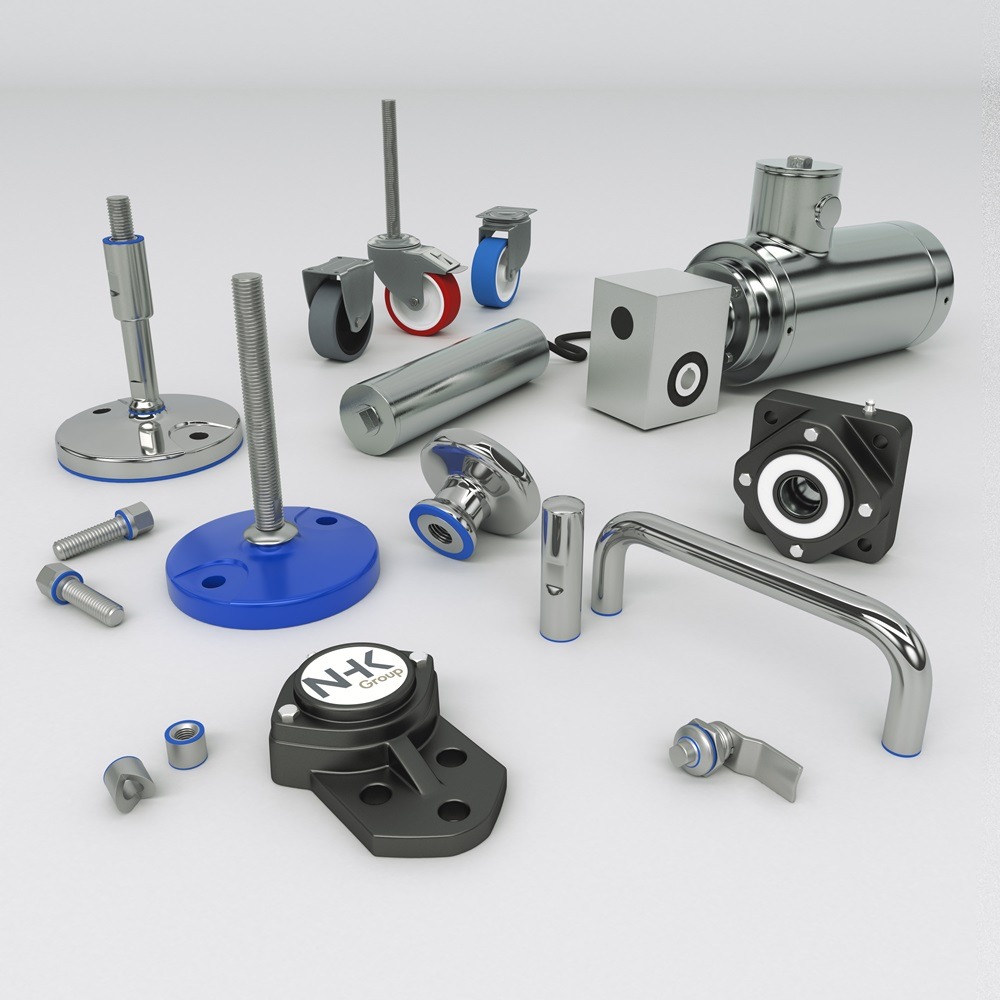
Transforming Food Processing with Certified Components
Modern food production is a dynamic industry that thrives on innovation and precision. In a world where consumer demand for safe, high-quality food products is ever-growing, food processing machinery componets has become a cornerstone of the industry. The use of certified components and parts further enhances efficiency, ensures hygiene, and maintains product quality throughout the production process. Food processing machinery plays a pivotal role in automating complex operations such as washing, cutting, mixing, cooking, packaging, and preserving food products. These machines are designed to: By integrating advanced technology such as artificial intelligence, robotics, and IoT, food processing equipment offers a transformative solution to meet modern production challenges. The importance of certified components in food processing machinery cannot be overstated. These parts are essential for maintaining hygiene, ensuring food safety, and complying with global regulations such as FDA, EHEDG, and sanitary standards. Key certified components used in food processing machinery include: Using certified components not only reduces maintenance costs but also enhances the reliability and longevity of equipment. Food processing machinery equipped with certified components is used in: Selecting the right machinery for food processing involves careful consideration of several factors: The future of food processing lies in automation, sustainability, and digitalization. Emerging trends include: By embracing these innovations, food manufacturers can stay competitive while delivering superior-quality products to consumers. Industrial machinery requires precision-engineered components that meet exacting standards for durability, safety, and performance. This comprehensive guide explores the essential machinery parts that drive modern manufacturing across food processing, packaging, and chemical industries. Understanding the difference between Pillow Block Bearings and Flange Mounted Units is crucial for engineers and procurement professionals seeking to optimize equipment longevity. Pillow block bearings, also known as plummer blocks, are self-aligning bearing units that simplify installation and significantly reduce maintenance costs. These versatile components mount on machine frames and support rotating shafts with exceptional precision, ensuring smooth operation in demanding industrial environments. Flange bearing units offer a more compact alternative, featuring integrated flanges that enable direct mounting to flat surfaces without additional hardware. Both designs come in various materials, including stainless steel grades optimized for corrosive environments and food-grade applications where hygiene is paramount. The importance of material selection cannot be overstated in machinery design. 440C Steel and 420 grades offer distinctly different properties suited to specific applications and environmental conditions. The 440 stainless steel variant provides superior hardness and exceptional edge retention, making it ideal for cutting tools and high-wear applications requiring maximum durability. Meanwhile, 420 stainless steel offers better corrosion resistance and is preferred in food processing equipment where chemical exposure is common. Hygienic stainless steel components have become essential in food machinery, meeting EHEDG standards and facilitating rapid equipment cleaning required in modern food production facilities. Understanding ingress protection ratings is equally critical for machinery durability and operational reliability. IP67 rating ensures protection against dust and temporary water immersion, while IP68 rating provides complete dust protection and sustained water immersion capabilities for submerged operations. The IP69K standard represents the highest protection level, specifically designed for high-pressure wash-down environments found in industrial food processing facilities. These ratings define how effectively machinery components withstand environmental challenges and maintain performance. Modern industrial facilities increasingly demand equipment that combines high performance with ease of maintenance and sanitation. The choice between different bearing types depends on operational requirements, environmental conditions, and budget constraints. Proper component selection ensures extended equipment lifespan, reduced downtime, and improved operational efficiency.Essential Food Processing Machinery:
Transforming Efficiency and Quality in Modern Food Production
The Role of Food Processing Machinery in Modern Production
Certified Components: Elevating Standards in Food Processing
Benefits of Advanced Machinery for Food Production
Hygienic design in modern food processing equipment ensures that machines are easy to clean and sanitize, reducing the risk of cross-contamination.
Machines equipped with energy-saving technologies help reduce operational costs and contribute to sustainability.
Modular equipment designs allow manufacturers to adapt to a variety of food types and processing needs, from fresh produce to packaged snacks.
With the incorporation of certified parts, machinery meets stringent international food safety standards, ensuring legal compliance and consumer trust.Applications Across Food Processing Sectors
Choosing the Right Equipment for Your Facility
Future Trends in Food Processing Machinery
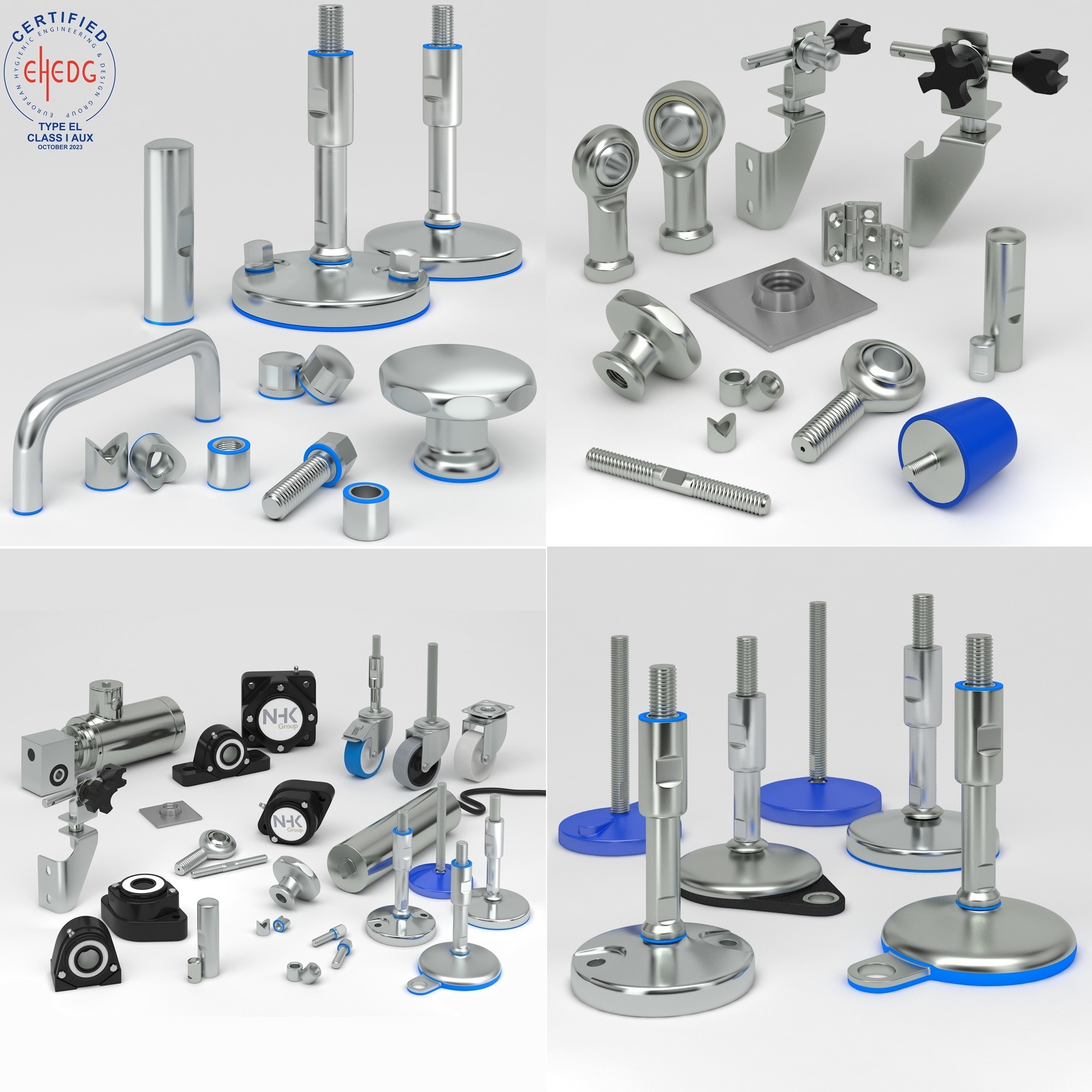
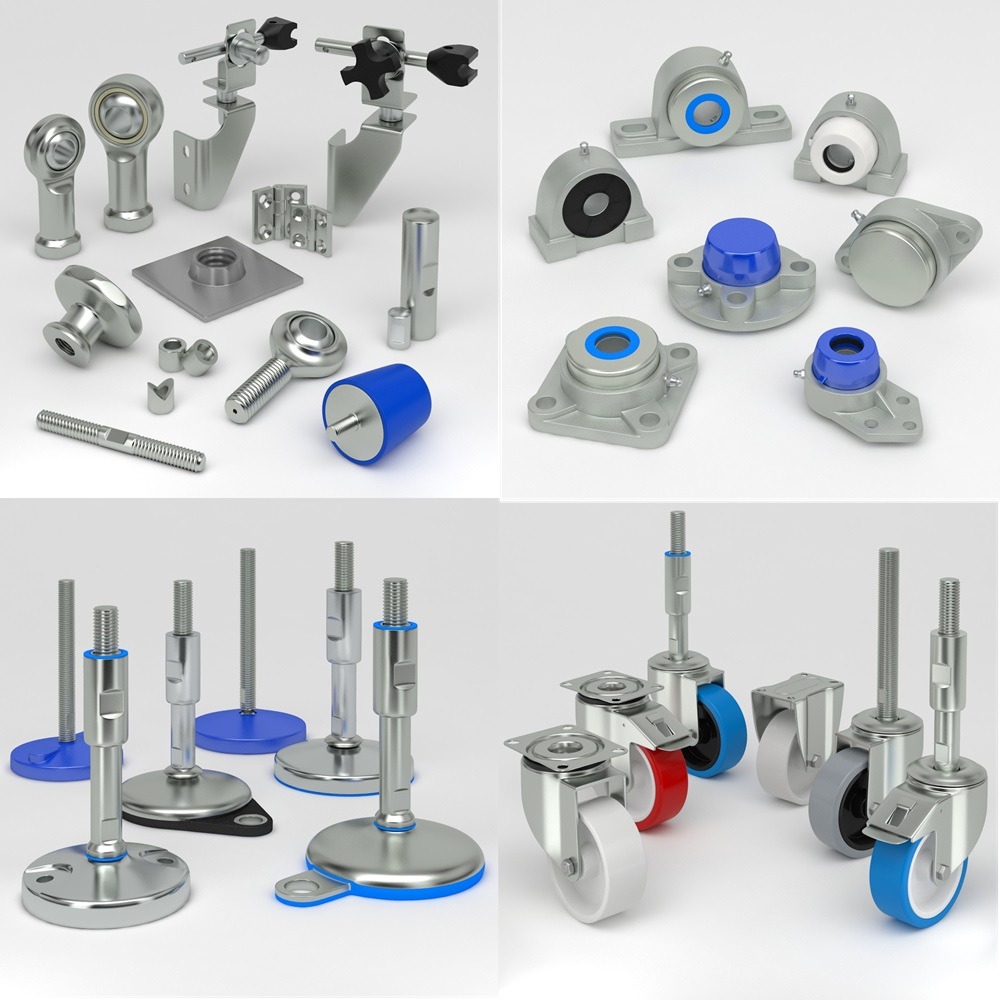
Contact
Understanding Machinery Components & Protection Standards
